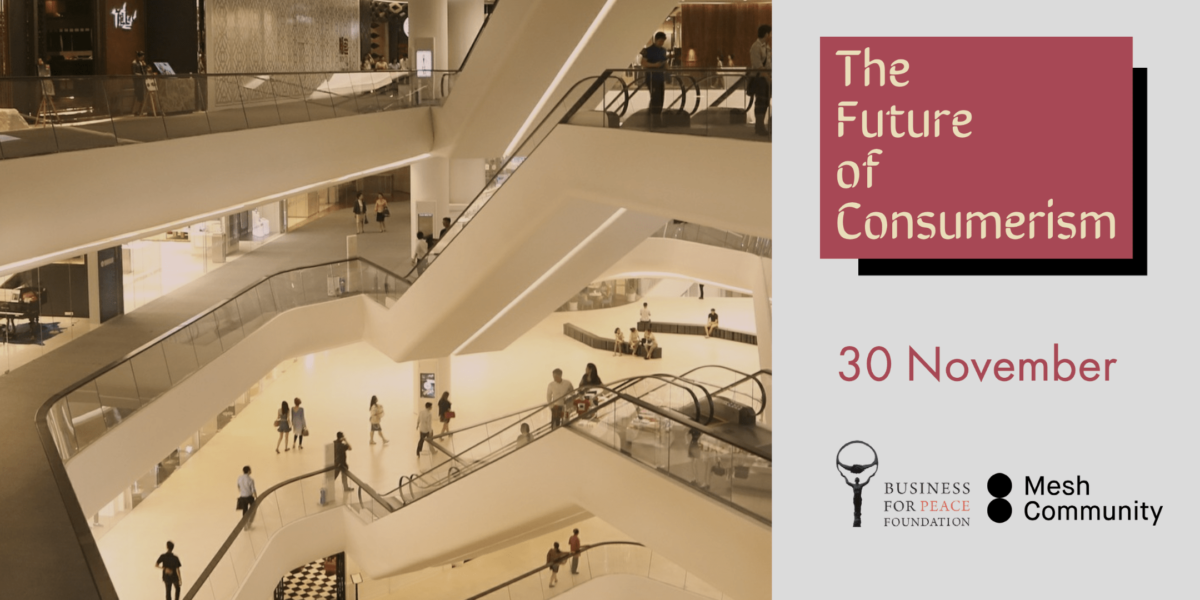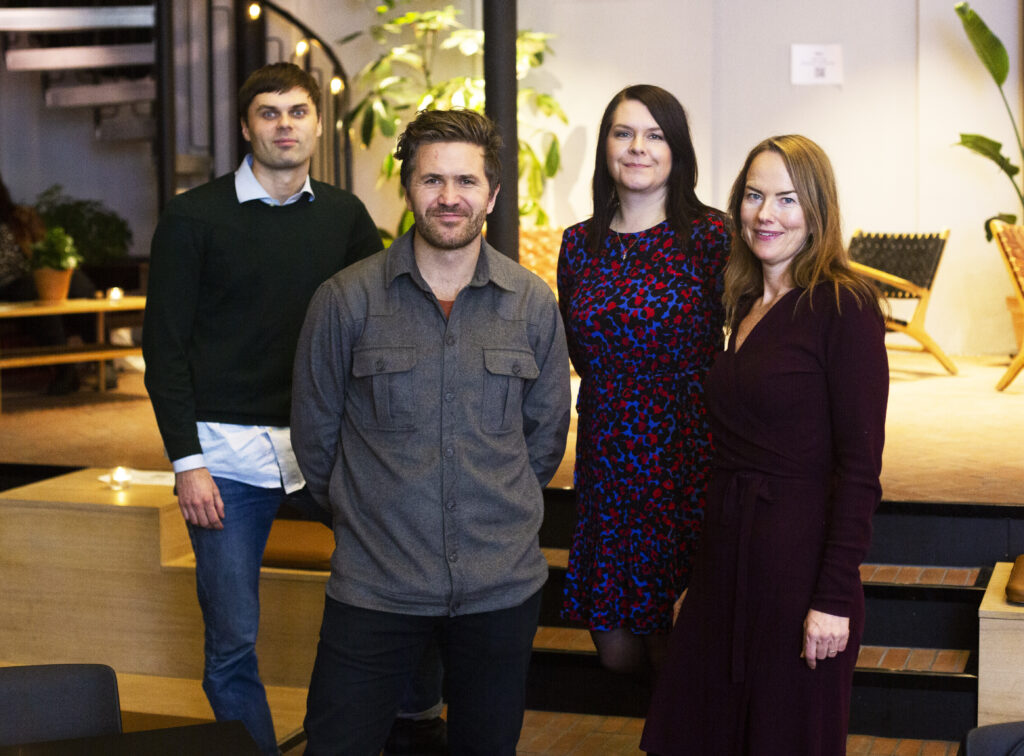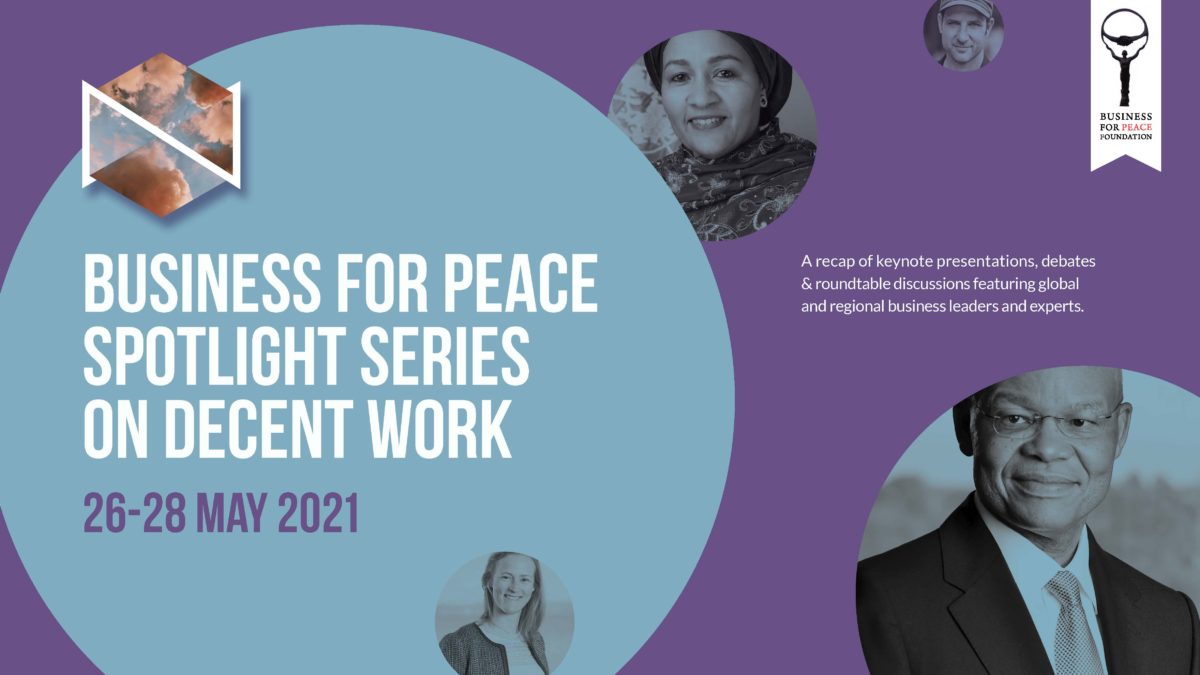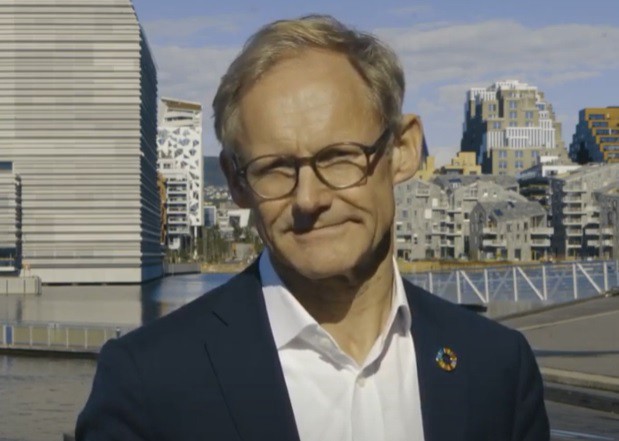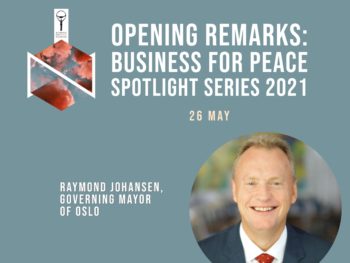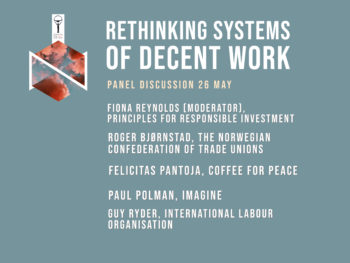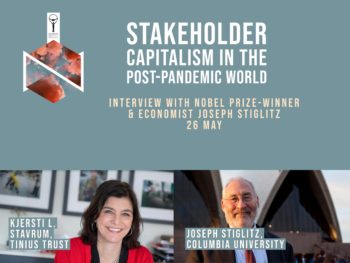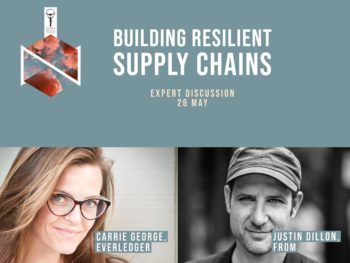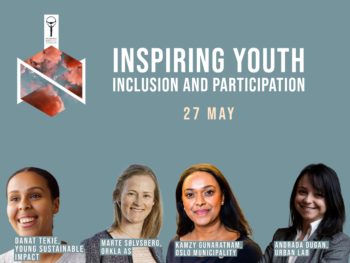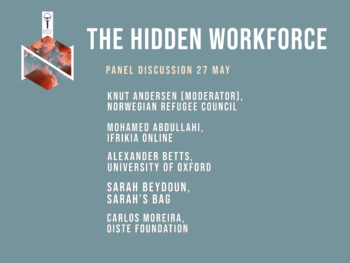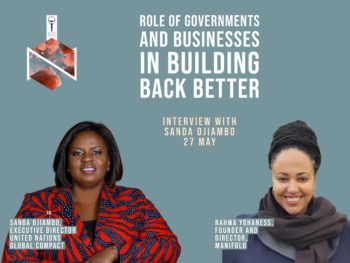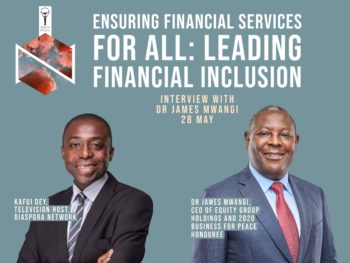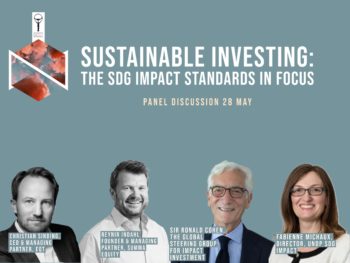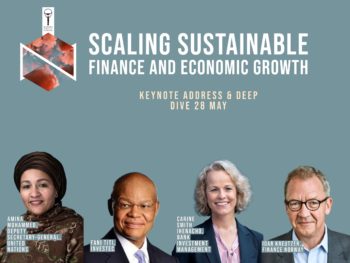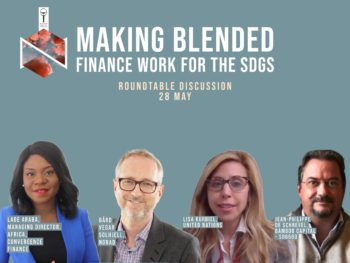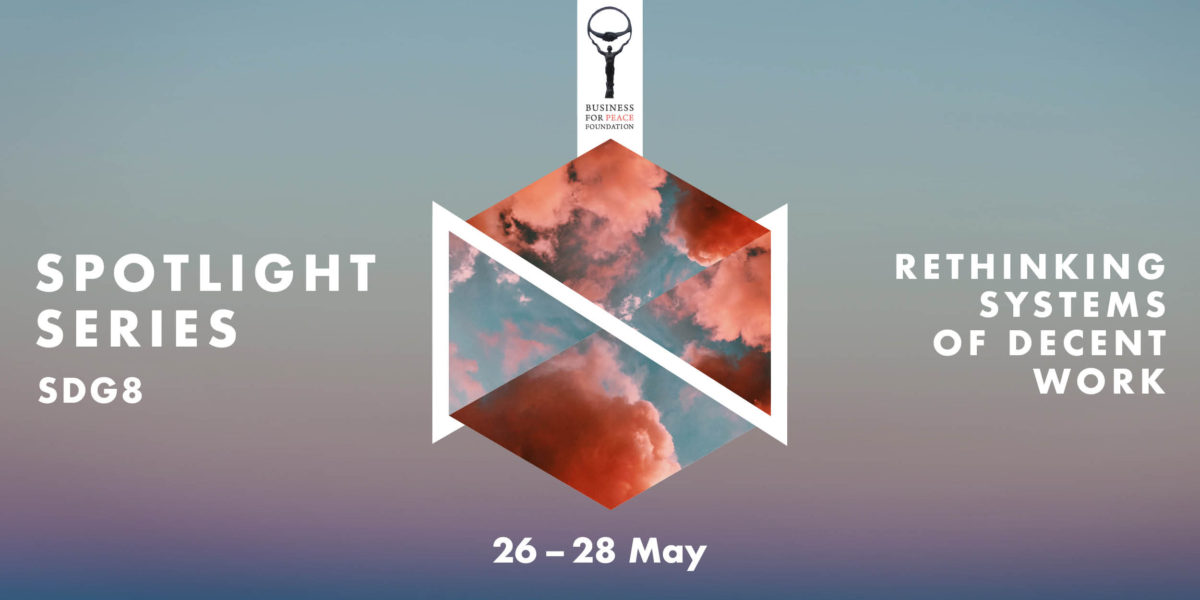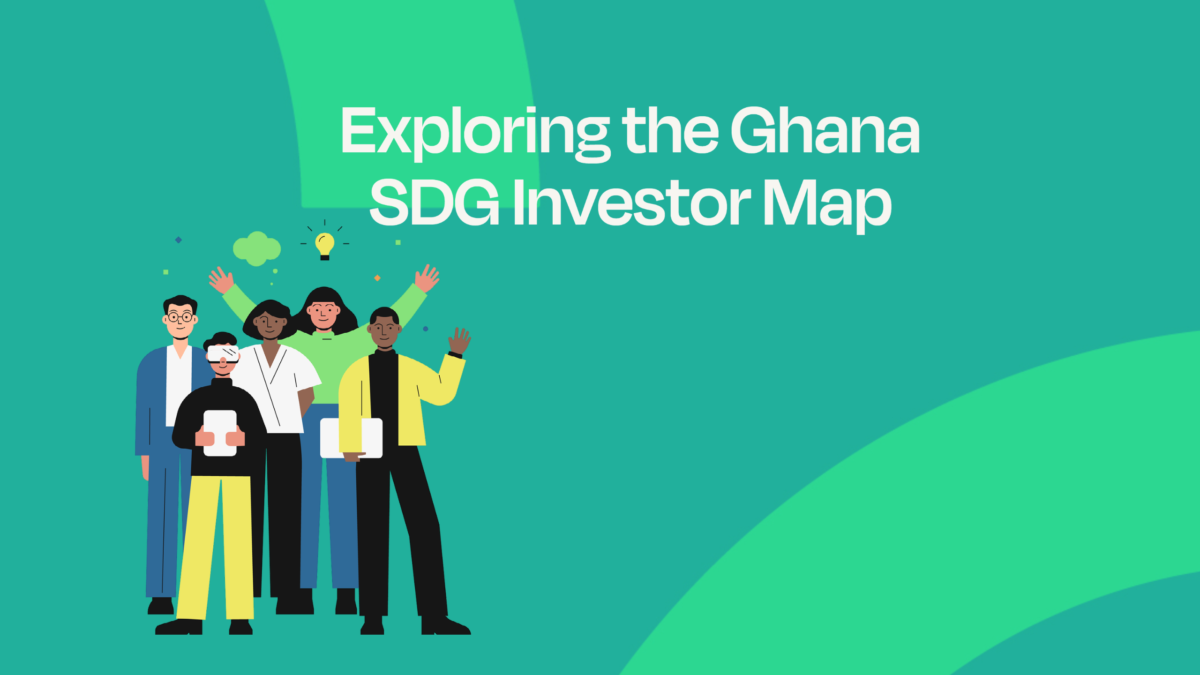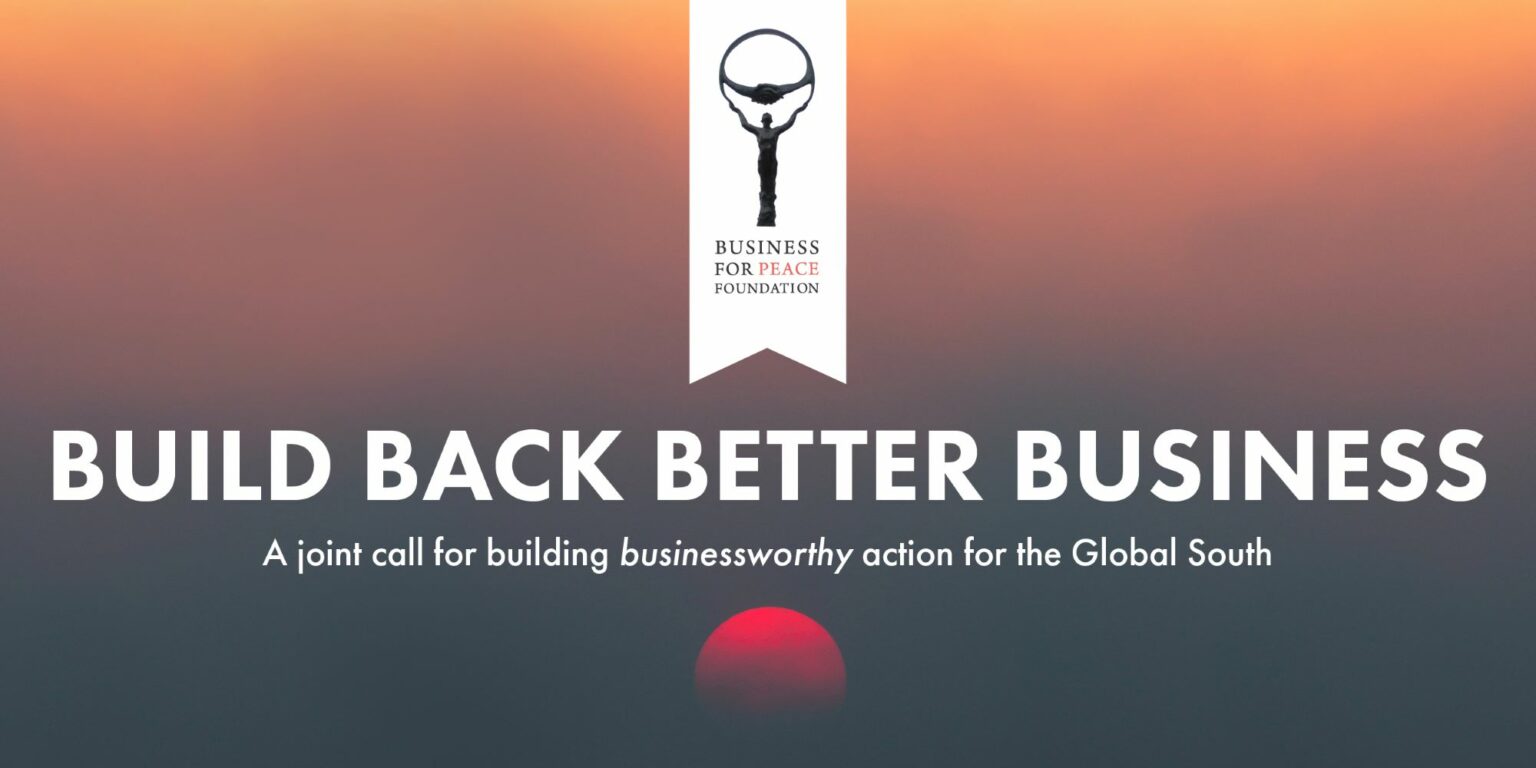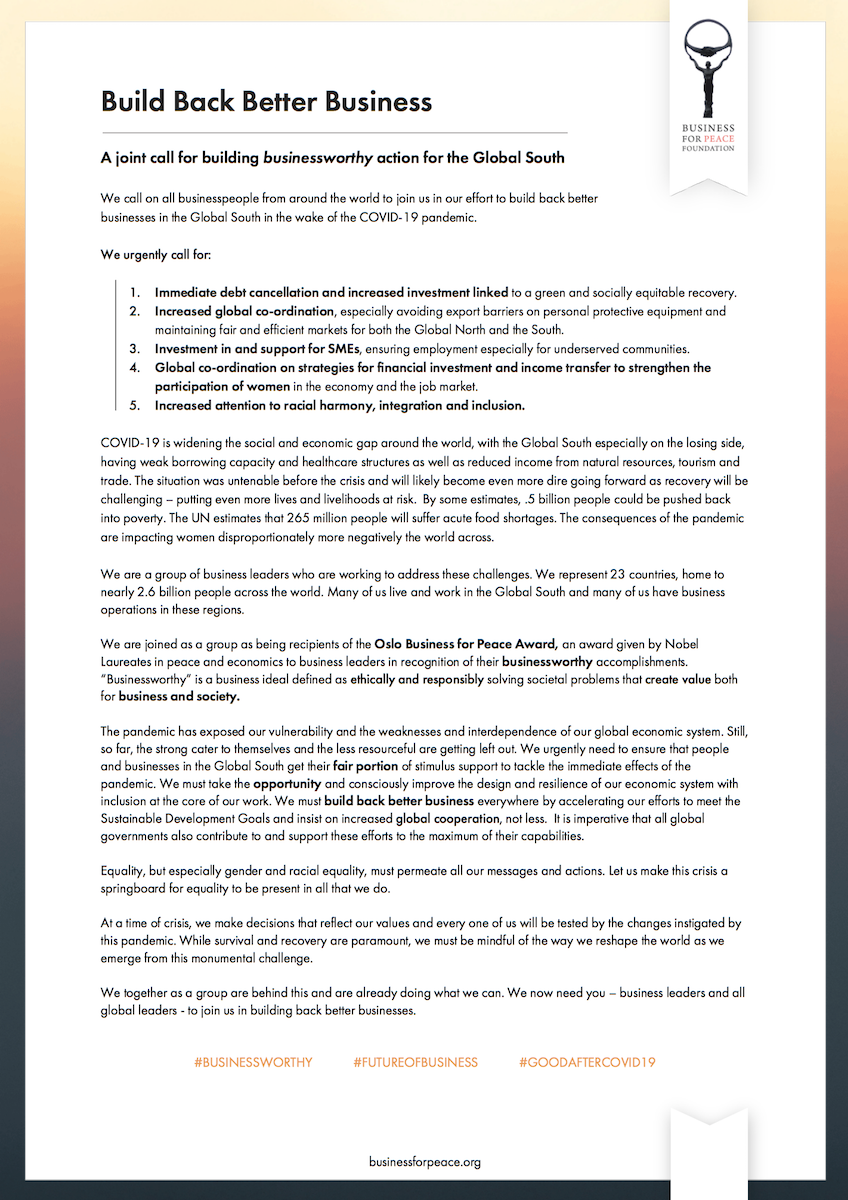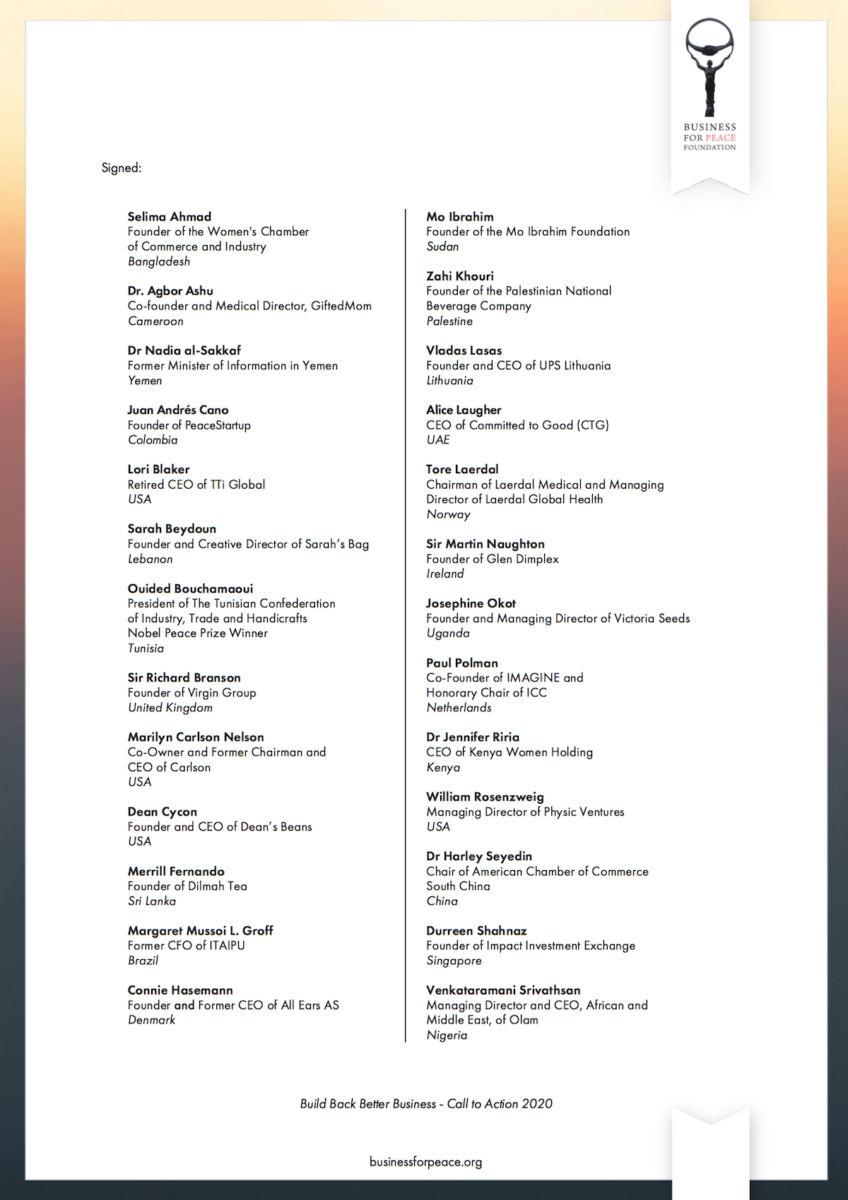As we conclude our Spotlight Series, there is a consensus that decent work can no longer be the exception, but the standard.
It is clear that the principles at the core of SDG 8, inclusive and sustainable economic growth, employment and decent work for everyone, cut across the 2030 Agenda, and must guide our efforts.
As Deputy Secretary-General of the United Nations, Amina Mohammed, reminded us earlier today, especially in the time of COVID-19 recovery, “It is time to shift mindsets away from only short-term economic profit to long-term thinking that anticipates risks and democratizes opportunities for decent work”.
We have heard from expert panelists and global leaders whose experience at local, national, regional and international levels all help guide the way forward.
I’d like to take this opportunity to highlight some clear themes coming out of this week.
First, “leaving no one behind” and an inclusive approach to the future of work are essential. As we have recently seen, several positive global developments have occurred. One example of which is the reduction of child labour. While progress is being made, this problem is still significant: Millions children are still involved in child labor, and a substantial portion are working under dangerous conditions. Another example is the uproar of migrant workers working on stadiums for the 2022 Qatar Football World Cup. While the moral support they receive by teams threatening to forfeit the tournament is admirable, it is unfortunately just one more example of both the scale and the public relevance of this problem.
The impact of a growing population and increased globalisation brings both responsibilities and opportunities for the business sector. In the quest for sustainable employment as the world starts returning to normal after the COVID-19 pandemic, it is crucial that no one is left behind in the recovery. This will require a rights-based approach to provide access to public services as well as for social protection. Fragile and conflict-affected contexts have been hard hit, with the potential to create persistent islands of poverty and insecurity.
It is a common misconception that SDG 8 only applies to developing countries. Robotisation can create new jobs, but on the other hand can replace repetitive and often lower paid jobs, posing a risk to vulnerable employment groups. Furthermore, we know that a majority of the global workforce lack safe and secure employment, regardless of where they are from.
Beyond the risk of unemployment or non formalised employment practices lies the challenges of forced labour. Millions of people are still trapped in various forms of ‘Modern Slavery’. This mostly occurs in industries such as agriculture, construction, domestic work, manufacturing, and mining.
In order to rebuild the trust required to advance towards decent work and economic growth, we must make laws and institutions work for people. A people-centred approach is needed to empower justice and to promote equitable outcomes. Corruption is a key threat to this trust, being both a growing driver of discontent and a challenge to sustainable employment. Weak governance is associated with lower growth, investment, and tax revenue collection — and with high inequality and social exclusion. We need to combat it through improved prevention, detection and prosecution to increase effectiveness and public trust.
Secondly, businesses must strive to create a workforce capable of adapting to changing environments. This can be achieved by focusing on programs that stimulate learning and professional development. Businesses that succeed in this area can not only help employees adapt to changing working environments, but research shows that investing in developing human capital ultimately has a positive impact on the bottom line.
Third and lastly, sustainable investing is crucial. The gap to finance SDG 8 and the other Global Goals can only be closed if the financial instruments offered to investors are trustworthy and easy to understand. Lenders must be able to assess whether an investment project is consistent with their own objectives, financial or otherwise.
If used wisely — to increase human capital, to invest sustainably and to weed out corruption and weak governance — these activities can help us transition from a global crisis to an opportunity for progress, but only if businesses are bold and in seizing this opportunity, and do so in a timely manner.
Ultimately, the challenge we face is one of leadership. We need to be bold, innovative and committed to achieve the Global Goals.
We all must assume ownership so that no one is left behind.
It is clear that a renewed commitment to collaboration, centered around the 2030 Agenda, is needed to tackle challenges that are too great for any of us to solve alone.
It is in this spirit that we organised the 2021 Business for Peace Spotlight Series and our decisions on economic recovery, climate change, and international trade and cooperation will shape decent work and economic growth for generations to come.
Through these choices, we have a unique opportunity to shape a more prosperous and peaceful world.
It’s the best investment we can make.
